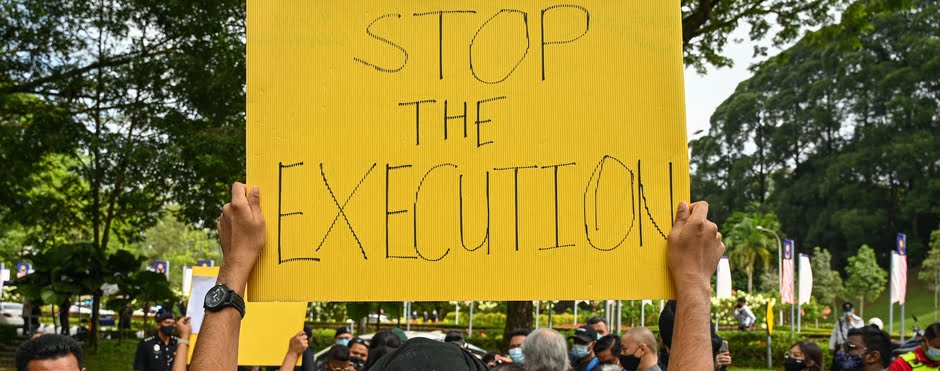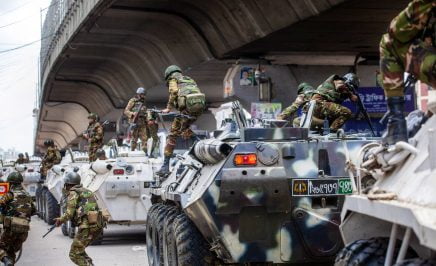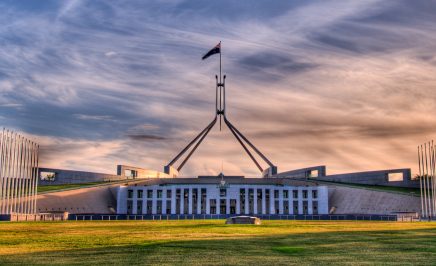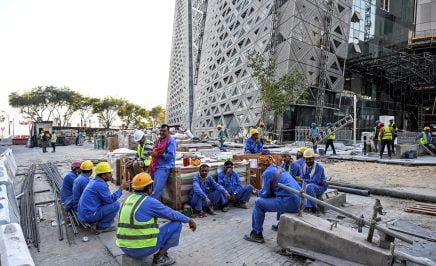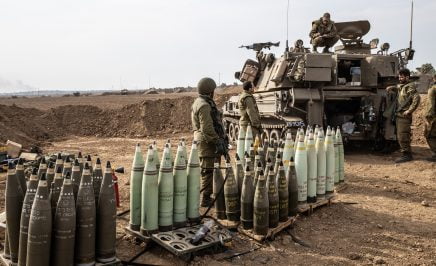Responding to reports that the Singapore government executed Abdul Kahar bin Othman on 30 March, Amnesty International Southeast Asia Researcher Rachel Chhoa-Howard said:
“After two years of no executions, the hanging of Abdul Kahar bin Othman, who was sentenced for drug-related offences and to the mandatory death penalty, is a shameful breach of international law.
“There is overwhelming evidence that punitive drug policies, including imposing the death penalty for drug use and possession, do not solve problems associated with drugs. The Singapore government should focus on evidence-based and community-based approaches rooted in the respect of public health and human rights to avert drug dependence and other societal harms that may result from the use of drugs.
“Singapore’s use of the death penalty is out of step with the global trend towards abolition and the country is among a handful that still resort to executing those convicted of drug-related crimes. After a short hiatus of no executions in Singapore, we call on the authorities to halt a feared new wave of hangings. The government must also urgently establish an official moratorium on all executions and review the scope of the death penalty for drug-related offences as first moves towards its full abolition.”
Background
Before today, the last known execution in Singapore was carried out in November 2019.
The family of Abdul Kahar bin Othman were provided notice and asked to make arrangements for last visits in a letter dated 23 March. He was convicted of drug trafficking and sentenced to the mandatory death penalty in 2015.
The execution comes a day after a Singapore court upheld the death sentence for Malaysian national Nagaenthran Dharmalingam, despite medical experts finding that he had an intellectual disability. He could be executed within days.
Nagaenthran’s appeal hearing was postponed in November when he tested positive for Covid-19. His appeal hearing was re-set to 29 March and, with other appeals exhausted, was one of his last opportunities for him to be spared execution. In the ruling, the court rejected arguments about the decline of his mental state, and they have similarly dismissed challenges based on his intellectual ability.
International human rights law and standards further prohibit the imposition of the death penalty for drug-related offences and as the mandatory punishment for any offences. All those who have had their execution set in Singapore since late 2021 have been convicted of and sentenced to the mandatory death penalty for drug-related offences.
Amnesty International opposes the death penalty unconditionally, in all cases and under any circumstances. More than two-thirds of countries all over the world have abolished the punishment in law or practice.
